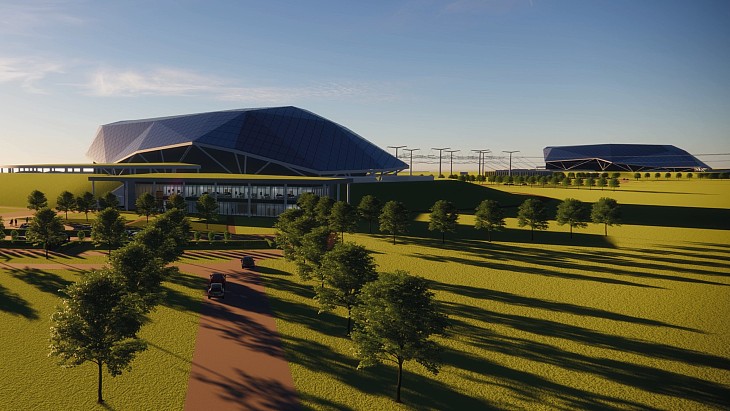Petrojet is one of the leading engineering, procurement and construction (EPC) companies in the Middle East and Africa, with various capabilities and experiences of plant construction EPC. In particular, Petrojet plans to cooperate with KHNP based on its abundant plant construction engineers, equipments and business experience in Egypt.
KHNP, Kepco E&C, Hyundai E&C and Doosan will pursue cooperation with local companies in Egypt based on their proven experiences and capabilities in nuclear power plant projects in Korea and the Barakah project in the UAE. KHNP President Chung Jae-hoon stated that he was impressed by the high level of the Egyptian construction market and ongoing megaprojects and emphasized his commitment to localisation, saying that through this agreement, KHNP plans to support the training of local nuclear power technicians and experts in Egypt with no nuclear power plant construction experience. He also emphasized building long-term partnerships rather than one-offs with local companies in Egypt.
With this agreement, Petrojet, KHNP, Kepco E&C, Hyundai E&C and Doosan are expected to form a united team to create synergy by combining their strengths to be the optimal partner for JSC Atomstroyexport and participate in the successful construction of the El Dabaa plant.
Four Russian-designed VVER-1200 pressurised water reactors are planned for El Dabaa, which is on the Mediterranean coast, 170km west of Alexandria and Zafraana on the Gulf of Suez. Russian state nuclear corporation Rosatom is developing the plant, which will be owned and operated by the NPPA. With a nameplate capacity of 4.8 GWe, the plant is expected to account for about 10% of Egypt’s forecasted electricity demand by 2030.
The El Dabaa nuclear power plant project is based on contracts that entered into force on 11 December 2017. These stipulate that Rosatom will not only build the plant, but will also supply Russian nuclear fuel for its entire life cycle. They will also assist Egyptian partners in training personnel and plant maintenance for the first 10 years of its operation. Rosatom is also contracted to build a special storage facility and supply containers for storing used nuclear fuel.

.jpeg)



_19544_40999.jpg)


_66668.jpg)





